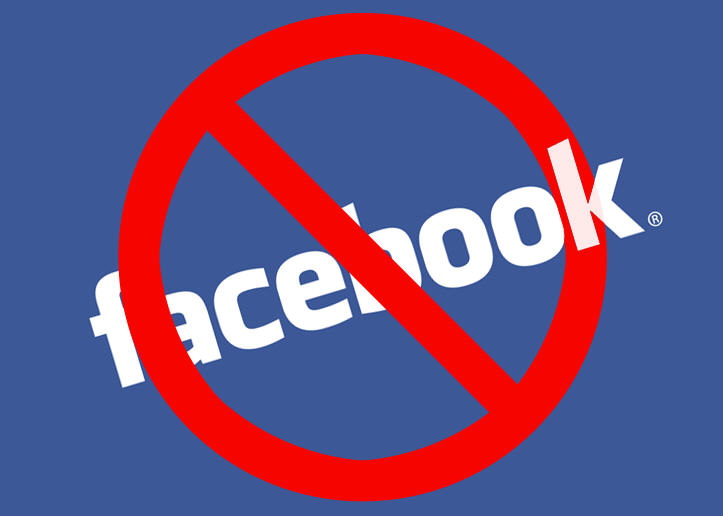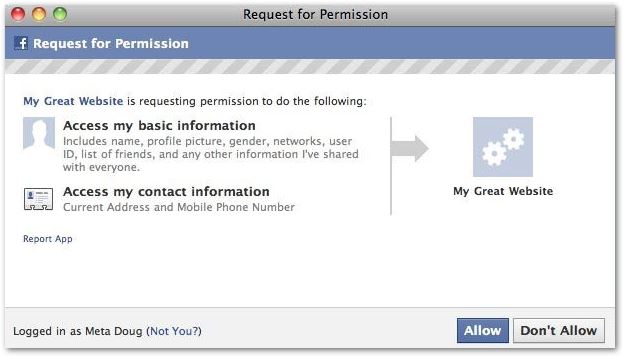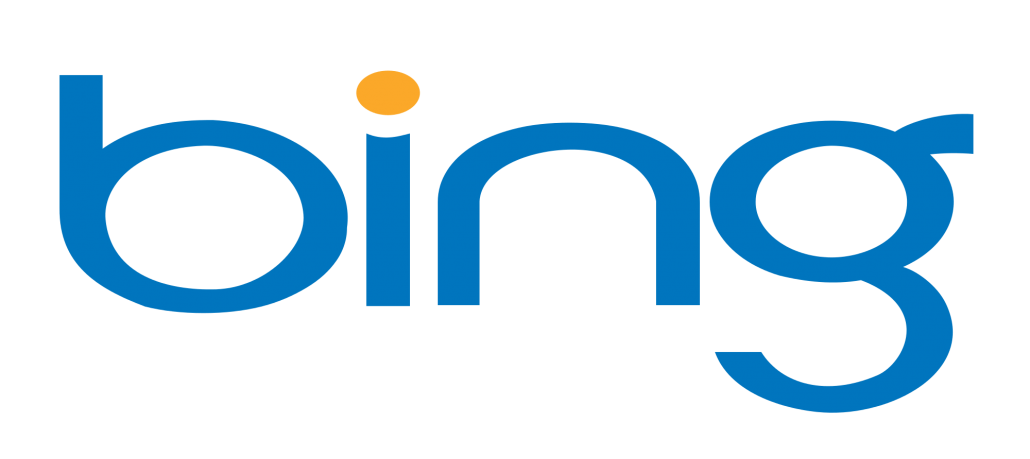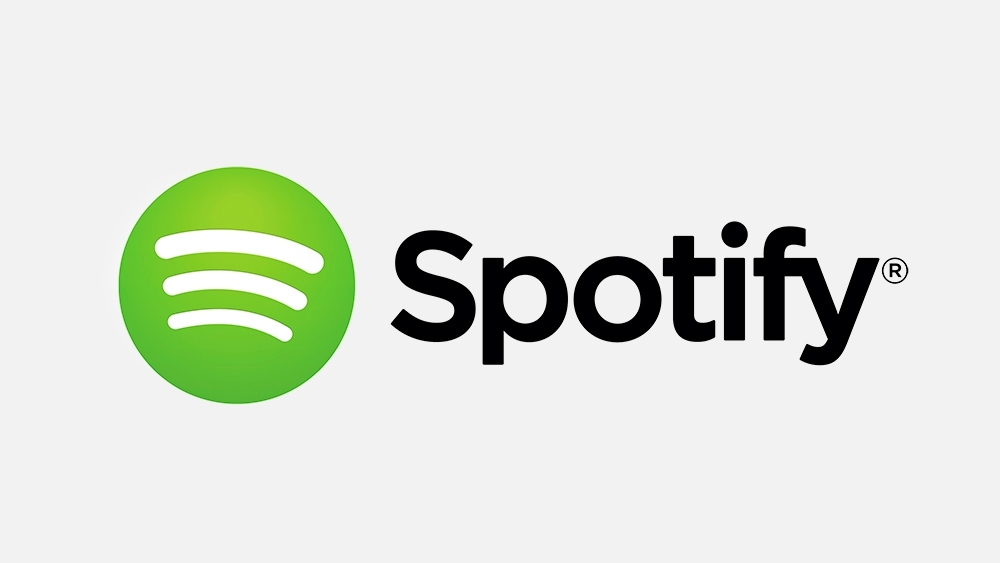
The Truth Behind the Facebook Data “Breach”
An important take away from last week’s Senate hearings, on Facebook’s so-called data breach, is that no one seems to understand what exactly happened.
Join VPLS, as we help you better understand the latest Facebook controversy.
[av_hr class=’short’ height=’50’ shadow=’no-shadow’ position=’center’ custom_border=’av-border-thin’ custom_width=’50px’ custom_border_color=” custom_margin_top=’30px’ custom_margin_bottom=’30px’ icon_select=’yes’ custom_icon_color=” icon=’ue808′ font=’entypo-fontello’ custom_class=” admin_preview_bg=” av_uid=’av-5rk4q6d’]
A Problem for Facebook
[av_hr class=’invisible’ height=’10’ shadow=’no-shadow’ position=’center’ custom_border=’av-border-thin’ custom_width=’50px’ custom_border_color=” custom_margin_top=’30px’ custom_margin_bottom=’30px’ icon_select=’yes’ custom_icon_color=” icon=’ue808′ font=’entypo-fontello’ custom_class=” admin_preview_bg=” av_uid=’av-5h8wyhx’]
Earlier last week, Mark Zuckerberg testified before two Senate Committees on April 10 and 11, 2018. The spotlight focused on the use and abuse of user data through social media platform, Facebook. The CEO responded to heavy questioning on the role Facebook played in the alleged mass election fraud of 2016. 
The hearings came in response to massive outrage of breached private data that, many felt, fell into the wrong hands. An uproar over the alleged data breach also led many to delete their Facebook accounts. It wasn’t long before users prompted the hashtag #DeleteFacebook, urging others to follow suit.
But what exactly happened and who is to blame? This and many other questions alike are what the public is struggling to answer and comprehend.
Let’s take a closer look at who the key players are and how the Facebook controversy happened.
[av_hr class=’invisible’ height=’30’ shadow=’no-shadow’ position=’center’ custom_border=’av-border-thin’ custom_width=’50px’ custom_border_color=” custom_margin_top=’30px’ custom_margin_bottom=’30px’ icon_select=’yes’ custom_icon_color=” icon=’ue808′ font=’entypo-fontello’ custom_class=” admin_preview_bg=” av_uid=’av-4pbbtr9′]
Third-Party Applications on Facebook
[av_hr class=’invisible’ height=’10’ shadow=’no-shadow’ position=’center’ custom_border=’av-border-thin’ custom_width=’50px’ custom_border_color=” custom_margin_top=’30px’ custom_margin_bottom=’30px’ icon_select=’yes’ custom_icon_color=” icon=’ue808′ font=’entypo-fontello’ custom_class=” admin_preview_bg=” av_uid=’av-4bztb51′]

Let’s begin by stating the obvious: There was no hack or data breach.
It’s important to understand the proper technical terms that are being tossed around various news sites or social media.
The terms “hack,” “breach,” or “scraped” implies the use of illegal means to gather personal or private data. But, that’s not what actually happened.
What did happen? Well, let’s begin by understanding third-party applications, which are individually owned applications through vendors or companies. None of which Facebook owns itself.
Do you recognize any of the following third-party applications?
[av_hr class=’invisible’ height=’5′ shadow=’no-shadow’ position=’center’ custom_border=’av-border-thin’ custom_width=’50px’ custom_border_color=” custom_margin_top=’30px’ custom_margin_bottom=’30px’ icon_select=’yes’ custom_icon_color=” icon=’ue808′ font=’entypo-fontello’ custom_class=” admin_preview_bg=” av_uid=’av-3vli0ud’]
[av_one_third first av_uid=’av-3aaha79′] [/av_one_third]
[/av_one_third]
[av_one_third av_uid=’av-2uu1k85′] [/av_one_third]
[/av_one_third]
[av_one_third av_uid=’av-2ffifdx’] [/av_one_third]
[/av_one_third]
Often, users opt for using their Facebook accounts to log into these third-party applications because it makes the process easier to sign up for. To do this, users grant third-party applications access to their personal data from Facebook.
[av_hr class=’invisible’ height=’10’ shadow=’no-shadow’ position=’center’ custom_border=’av-border-thin’ custom_width=’50px’ custom_border_color=” custom_margin_top=’30px’ custom_margin_bottom=’30px’ icon_select=’yes’ custom_icon_color=” icon=’ue808′ font=’entypo-fontello’ custom_class=” admin_preview_bg=” av_uid=’av-1w2mjt1′]
Aleksandr Kogan and Cambridge Analytica
[av_hr class=’invisible’ height=’10’ shadow=’no-shadow’ position=’center’ custom_border=’av-border-thin’ custom_width=’50px’ custom_border_color=” custom_margin_top=’30px’ custom_margin_bottom=’30px’ icon_select=’yes’ custom_icon_color=” icon=’ue808′ font=’entypo-fontello’ custom_class=” admin_preview_bg=” av_uid=’av-1frgv0l’]
Ok, so who is Aleksandr Kogan? And, how does Cambridge Analytica play into this scenario?

Aleksandr Kogan is a Cambridge academic that developed personality quizzes and other third-party applications. Kogan then proceeded to use the third-party application permissions to harvest profile data. Additionally, many unsuspecting users also granted permissions to their friend’s profiles through a Facebook feature, ‘friends permission.’ The feature essentially granted access up to 50 million profiles worth of data.
[av_hr class=’invisible’ height=’10’ shadow=’no-shadow’ position=’center’ custom_border=’av-border-thin’ custom_width=’50px’ custom_border_color=” custom_margin_top=’30px’ custom_margin_bottom=’30px’ icon_select=’yes’ custom_icon_color=” icon=’ue808′ font=’entypo-fontello’ custom_class=” admin_preview_bg=” av_uid=’av-1al8gzp’]
There are two points to take away from this:
- The gathered personal data was in no way ‘hacked’ or exploited through a gap in security. It was, however, a feature that was taken advantaged of.
- The data collected through this method was not internal Facebook data. It was data that was accessed and collected from basic profile information.
Where does Cambridge Analytica fit into all of this? According to various sources, Kogan then sold the data to Cambridge Analytica, who may or may not have used the data for various immoral purposes.
However, this is still up for debate as Kogan points the blame to Cambridge Analytica for asking him to collect the data in the first place but Cambridge Analytica points the blame to Kogan, who they say offered up the data in the first place.

Who Is To Blame?
[av_hr class=’invisible’ height=’10’ shadow=’no-shadow’ position=’center’ custom_border=’av-border-thin’ custom_width=’50px’ custom_border_color=” custom_margin_top=’30px’ custom_margin_bottom=’30px’ icon_select=’yes’ custom_icon_color=” icon=’ue808′ font=’entypo-fontello’ custom_class=” admin_preview_bg=” av_uid=’av-20reud’]
Unfortunately, that question is still hard to answer.
Facebook, Aleksandr Kogan, Cambridge Analytica, and even its users (yes, that means you too) all had a part to play in this Facebook fiasco. We look to Facebook to fix restrictions and access to third-party applications and hope unethical people like Aleksandr Kogan or Cambridge Analytica are barred from abusing the system.
But, is that a realistic view?
Remember, your personal data is easier to access than ever before. But staying current on the latest news and developments is an essential tool in preventing both personal and financial loss!

FOLLOW, LIKE & SHARE VPLS!
If you want to keep up with the latest security trends and other IT related products and services, please visit the VPLS blog and stay current with the latest news!
Don’t forget, VPLS offers Managed Security Solutions to help your business gain greater visibility within your network to detect and quickly and masterfully respond to cyber attacks as they happen!
